If you're a serious golfer you probably know that "Compression Matters" when it comes to driving your golf ball. You also are most likely aware that higher swing speeds lead to longer drives. Even if you don't have Dustin Johnson's whip like speed you can maximize your drives by matching your swing speed to the proper ball compression.
Let's look at the following graphic which shows how compression plays a role in getting the most distance possible from your swing speed. Too much compression and you are leaving yards on the tee box, not enough compression and your hurting your chances of getting home in two. Like Goldilocks, you want to find the compression that's just right for your swing, but how?

Historically a golfer would need to take their balls into a laboratory and use bulky machines and math, yuck I hate math, to come up with an optimal compression ball to match their swing speed, but not anymore.
A company called Golftek (not to be confused with Golftec) has developed ProCheck, an affordable, easy to use device that brings ball compression technology right into the palm of your hand. Now golfers can conveniently test every golf ball in their bag and be certain the compression of the ball matches their swing speed. The makers of ProCheck claim the device is 94% accurate in measuring against manufactures listed compression specifications.
The ProCheck comes in a cool carrying case that will fit easily in any pocket of your golf bag.
When you unzip the case you will find the device and a chart, similar to the one below. For those of you who have never had your swing speed measured you can use this chart to estimate your speed based on your average driving distance and match to your perfect compression ball. According to ProCheck, this chart was developed using 5 separate published driver carry tests and an average was created based on those results.

Using the device to measure ball compression is incredibly easy. To get started turn the device on and it will tell you to insert the ball, place the ball in the hole as shown with the logo centered and facing you. Next the device will tell you to pull the trigger. Once the device has measured the compression it will show an "R" in the display that tells you to hit the green Release button. The ProCheck then measures the compression of the ball using a bar image with 1 bar being very soft (vrsft) and 8 bars being very firm (vfrm).

We tested a number of new golf balls we had on hand results below.

We also measured some golf balls we recently found on the course results below

Finally we measured some new golf balls that have been sitting in our garage for a few years.

After measuring all of the balls for this article it is easy to see a trend that the older balls were all over the spectrum when it came to firmness, while today's balls appear to be centering in the soft to medium compression range.
We wondered if there was any inter-box variability among balls so we measured a full box of new Snell MTB Black balls. We took two measurements from each ball and listed the number of bars shown for each of those measurements. While there were minute differences between some balls, all of them were within listed compression from Snell.

Summary:
If you are a casual golfer who hits the links once a month and is happy playing old water balls the ProCheck is probably not for you. But if you are golfer who wants to maximize every last bit of distance off the tee then we see a lot of value in adding the ProCheck to your golf bag. If you've gone to the trouble of getting your clubs fitted, measured your swing speed to be the best golfer you can be, why wouldn't you want to match your golf ball compression to help you maximize your distance? Also, golf balls compression changes over time and being able to measure those balls that have been sitting in your garage through 2 summers and two winters is probably a good thing.
The ProCheck for this review was provided to Golf Gear Box by Golftek.
The ProCheck is available for sale at www.procheckgolf.com
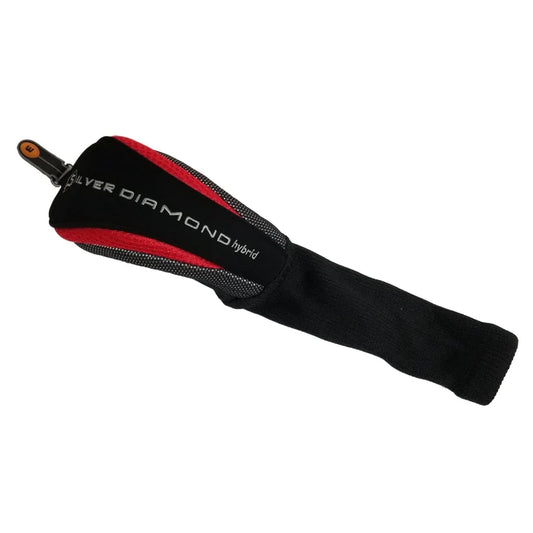
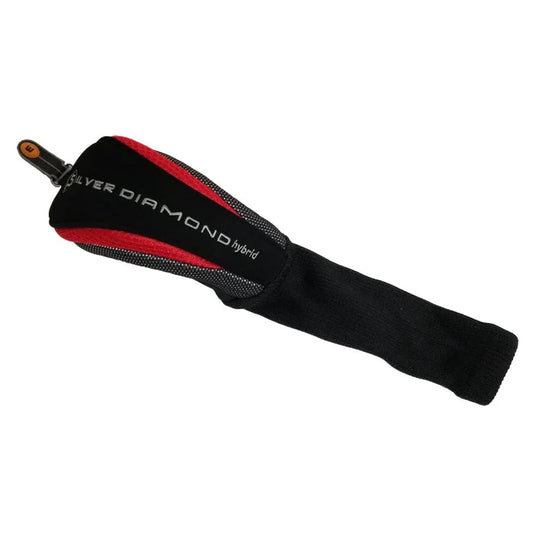
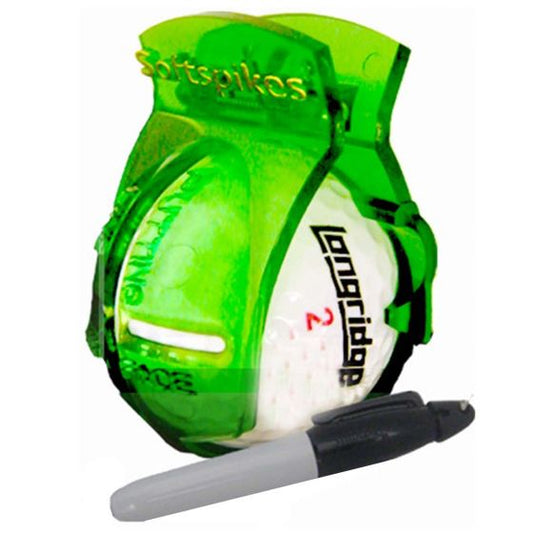
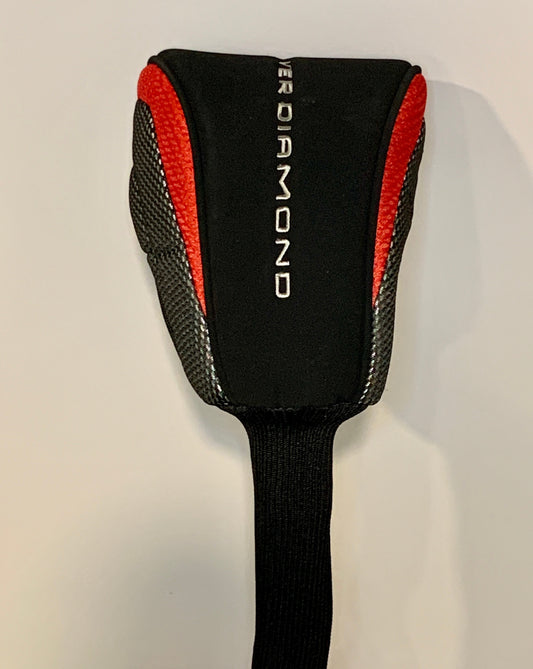
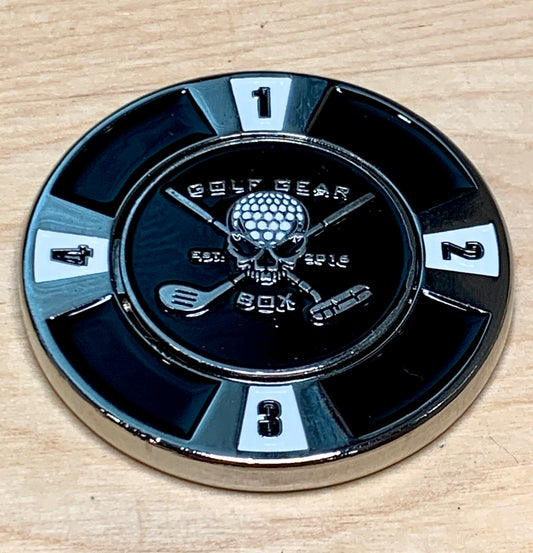

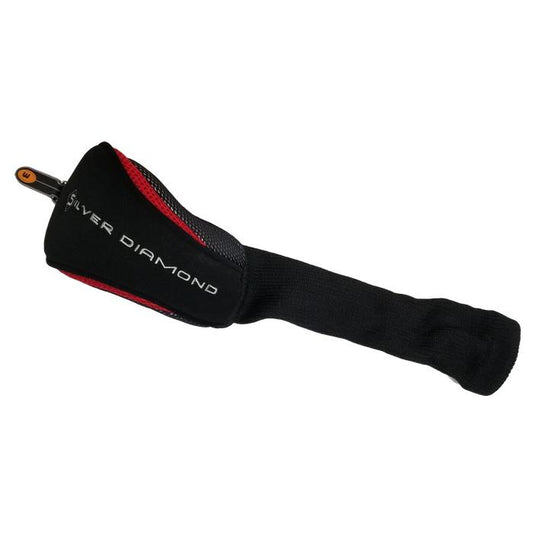
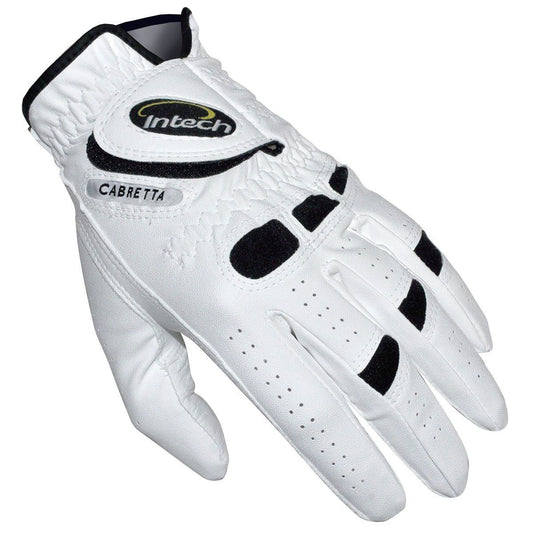
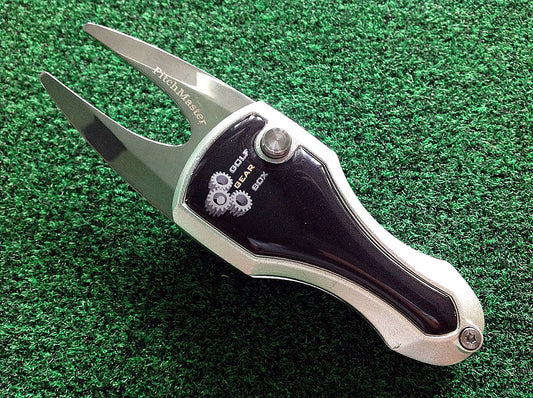
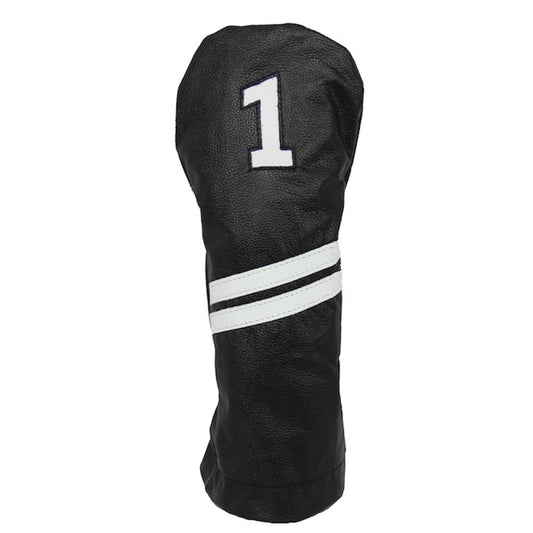
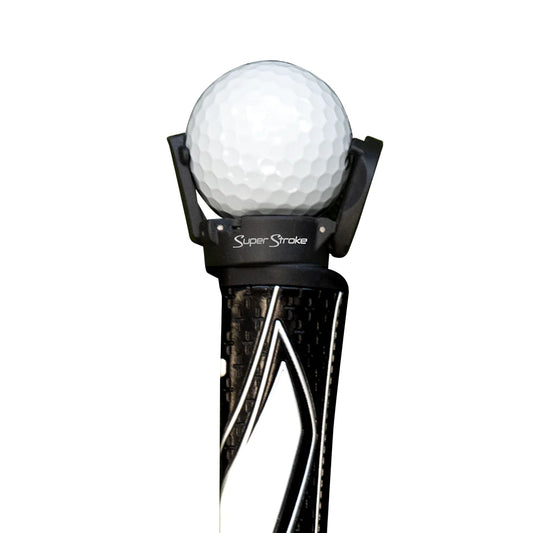

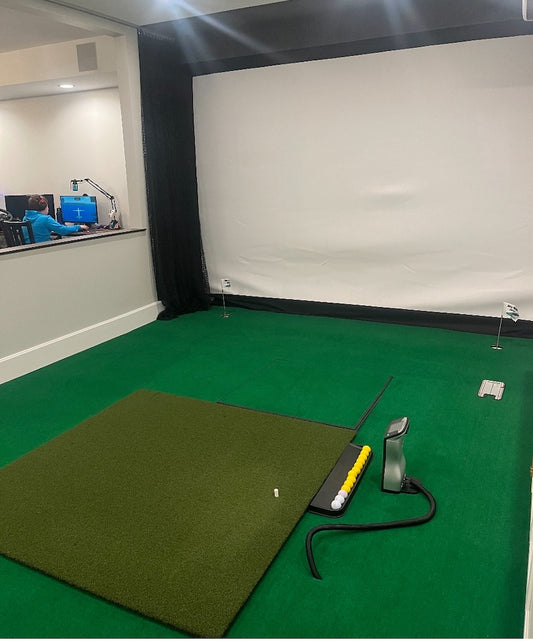
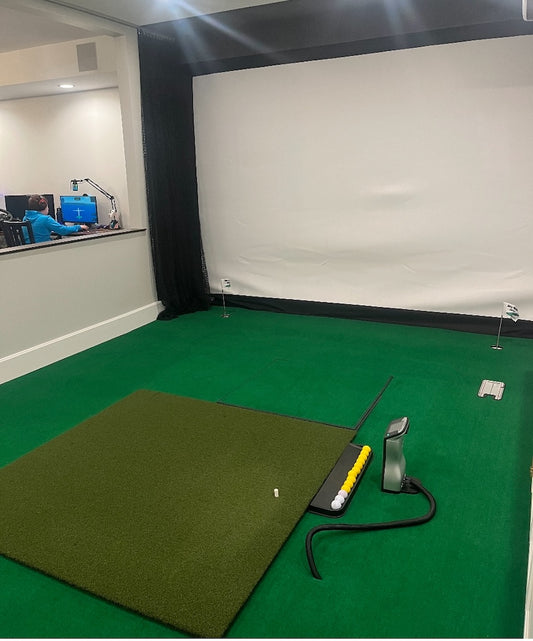




33 comments
Dear Marc A.,
Thank you for taking time to share your thoughts about the Pro Check golf compression gage.
You make some very good points that we will take into consideration in future tests of this device. Regarding your statement that “This article should have listed the actual numbers that were obtained for each ball…” Those numbers are easily accessible via the ProCheck website. Simply look at the corresponding softness rating with each numerical value. Additionally, our reviews are geared toward the casual golfer that are not as interested in statistics as hard core golfers like yourself.Finally, regarding your concern about the inter-box variability of the tested Snell balls I would like to share the most recent findings from the My Golf Spy ball testing study. Please note that their testing & discussions with ball manufacturers showed as much as a 30 point variability between balls in the same box.
Again, thank you for taking time to share your thoughts about the Pro Check device.
MY GOLF SPY
COMPRESSION TESTING
It’s important to note that like many things in the golf equipment industry, there’s no standard set of equipment to measure and report compression. We should also note that some manufacturers talk about total compression, while others focus the discussion on core compression.
Our compression measurements reflect total compression. When numbers differ from those of the manufacturer, it doesn’t mean anyone is lying. The tools are different, the operators are different. Don’t sweat the absolutes; focus on the data (below) for comparative purposes.
During consultations with experts from the ball industry, we were told that compression differences within the same box of balls can be significant (as high as 30 points). While we didn’t test the volume of samples that manufacturers typically do, we did find some cause for concern.
As you’ll see below, there’s a strong correlation between compression and ball speed. If compression is wildly inconsistent, your distances will be too.
1) This article should have listed the actual numbers that were obtained for each brand of ball. Why? Using just one example, Oncore Avant is 55 compression and TP5 is 85 compression, but both are listed in article as “soft”.
2) Vice Golf told me via email that their Pro ball compression rating is 95. This is much higher compression than the “medium” rating stated in this article.
3) Snell’s website lists its MTB-Black ball has having a 75-80 compression; I leave it up to you to determine whether this is soft or medium compression. Now, the article says that out of 24 testings of 12 balls, 12 results were a 3 compression (“soft”) and 12 results were a 4 compression (“medium”). 4 times a ball was read as 4/4, 4 times a ball was read as 3/3, and 4 times a ball was read as 4/3 or 3/4. These are very inconsistent results for a 200-dollar device.
As I am a gadget guy, I really want to like the ProCheck, but the results I mention above suggest that I should not purchase it until its results become more consistent with each company’s own compression ratings, and also become more consistent regarding multiple compression ratings of a single ball.
We recently got the ProCheck & had no idea what the capability of it was…..To our Surprise we found out that both my Better Half and I were playing Balls not fit to our driving distance . We have since found balls that fit us better. I have also let my playing partners and Members of our club use the ProCheck. The ProCheck is a great device!
ProCheck
I want to buy the procheck golf ball gauge how can I do this and how much I live in Canada Thank you